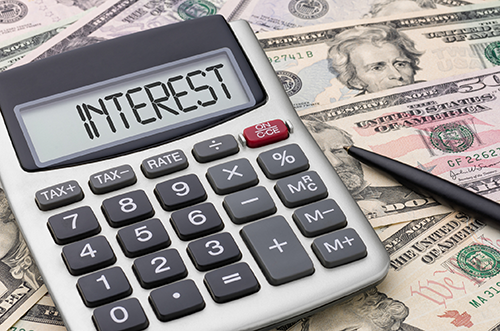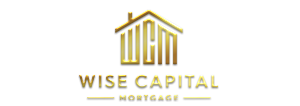Bank Statement Loans
If you are self-employed or own your own business, you may have begun to experience the frustration of the home buying process already. That's because trying to go through any mass market program--be it a conventional loan program or the FHA--will surely bring on its challenges.
When you're self-employed, it can be difficult to get a home mortgage approval because lenders will automatically treat you as a high-risk borrower, even if you make large amounts of money and even if you have a long history of doing so. They see "self-employed" as an automatic red flag because they assume variable, unsteady employment. Of course, with the rise of the gig economy, more and more lenders are beginning to shift their take and bank statement loan programs are taking off.


What Is a Bank Statement Loan?
Oftentimes, if you try to apply for a mortgage as a self-employed borrower, the lender will do all sorts of extra calculations that lower how much you qualify for. For instance, one of the most common tactics is to take your past two years' earnings, add them together, and divide by two to get your "average income". This hinders borrowers in many cases because profits generally increase year-over-year. So, if you earned $45,000 in your first year and $60,000 in your second year, the bank will assume your average annual income is $52,500 for lending purposes. That can drastically decrease of how much you can borrow.
As such, bank statement loans have truly taken off in recent years. Targeted towards freelancers and small business owners, these loans don't require tax returns or extensive documentation at all. As the name implies, you just need to provide your bank statement so that the lender can verify how much money you have. You can even have a credit score as low as 600 and borrow up to 80% of the home's value (which means a down payment of 20% or more). However, if you have good credit and high cash reserves, you might be able to qualify for a down payment as low as 10%.
The Perks of a Bank Statement Loan
Beyond being able to qualify based on real numbers and not "averaged" amounts from past years, bank statement loans also give you other perks. For instance, you can qualify to purchase a second home or investment property under such a program, which can help you further increase your annual earnings. Bank statement loans also require no Private Mortgage Insurance (PMI), helping you to stretch your dollars further.
These loans also generally allow you to use gifted funds to pay the down payment or closing costs, which is disallowed by many other mortgage programs. Plus, these programs have more flexibility than some other programs, allowing you to choose from a conventional 30-year loan, adjustable rate loan, interest only loan, and other structures based on the lender you choose and your borrowing profile.


How to Qualify For A Bank Statement Loan
Each lender sets their own requirements for their bank statement loans. However, in general, you can expect to provide either 12 months of bank statements if you are an individual or 12-24 months of bank statements if your primary source of income is a business. The lender will use these bank statements to calculate your average monthly income.
There are a few reasons why this is advantageous over averaging your past two years' tax returns like other programs do. First, you will be submitting the 12 most recent months of bank statements (which is especially great if you are applying as you near the end of the calendar year and your profit has increased substantially from the previous tax return you filed). Additionally, a bank statement is more reflective of how much you actually make compared to the taxable income shown on your return.
Like all mortgage programs, you'll have to have a reasonable debt-to-income (DTI) ratio in order to qualify for a loan. Most lenders who advertise a bank statement loan program have a cap of up to 50%, which allows you to have higher-than-average monthly expenses, like car payments and other loan payments. This higher DTI allowance also gives you the chance to afford a more expensive home as it gives more room for your monthly mortgage payment.
Understanding Your Options
Committing to a mortgage is a big decision and finding the right one to qualify for is essential. A bank statement loan program is worth considering if you are self-employed or own your own business. With this program, you'll find that lenders are able to understand your situation and potential much better and the mortgage they offer you should be much more appealing as a result. Of course, you always need to shop around.
In addition to comparing lenders' terms and interest rates, it's also worth exploring all of your loan program options. If your income has not increased substantially in the past two years, averaging your two tax returns may not be a problem, and that opens the doors to many other mortgage programs that may be more appealing in other ways (like the USDA's zero-dollar down payment or the FHA's low 3.5% down payment).
Regardless of the program you choose, you should always prioritize finding the best interest rate. Ultimately, that is a factor that can cost you thousands of dollars over the cost of your loan if you don't take the time to find a better interest rate. As such, before you apply for any mortgage, make sure you go through your credit report so there are no surprises down the road. By getting yourself financially ready to purchase a home, you'll be able to afford the home you've always wanted.
Sign up to get information about Bank Statement Loans, money saving opportunities, and tips and tricks to save money when buying a home or completing a refinance.
Get A Home Loan Quote Noew
Have Us Figure Out What Loan Is Best For You Now
